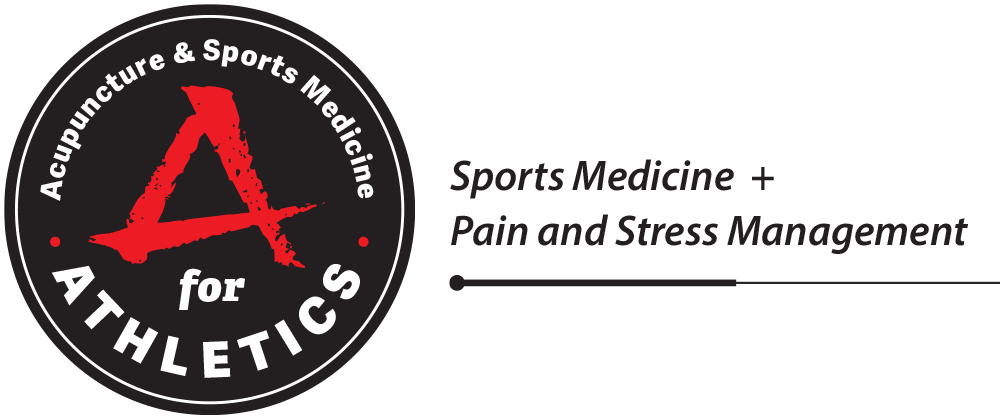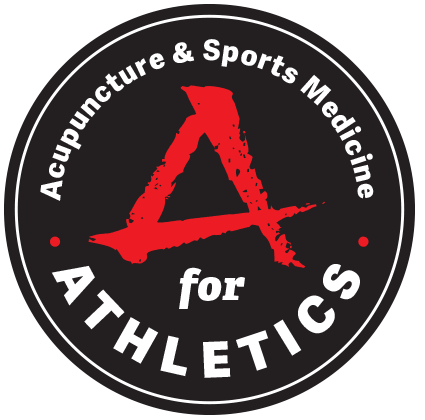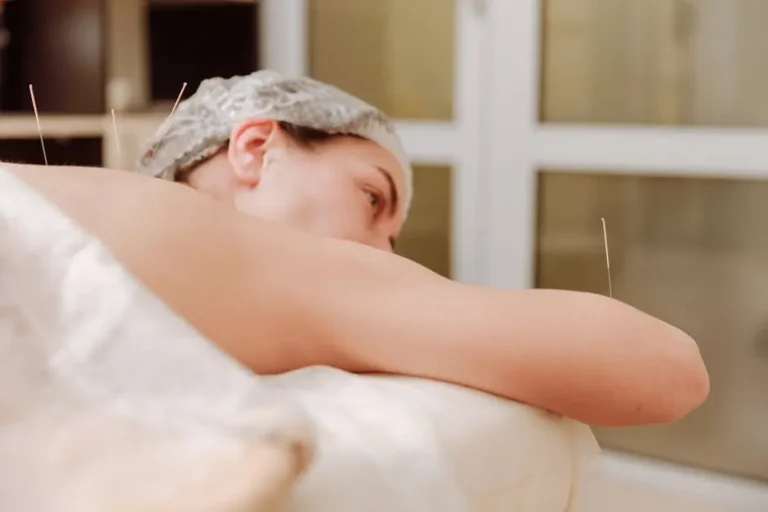How Acupuncture Supports Athlete Recovery and Boosts Performance
In the world of sports, athletes constantly seek ways to enhance their recovery and performance. One ancient practice has recently gained popularity for its potential benefits: acupuncture. This blog explores how acupuncture can play a pivotal role in athlete recovery and performance enhancement.
Understanding Acupuncture: A Brief Overview
Acupuncture is a traditional Chinese medicine technique that involves inserting thin needles into specific points on the body. It’s based on the theory that these points stimulate energy flow and promote healing. While ancient in its origins, acupuncture has found a place in modern sports science for its potential benefits to athletes.
The concept of energy flow, or ‘Qi’, is central to acupuncture. According to traditional beliefs, Qi flows through pathways known as meridians. When these pathways are blocked, it is thought to result in pain or illness. Acupuncture aims to clear these blockages, allowing for a more harmonious balance of energy. This ancient perspective aligns with modern understandings of acupuncture’s physiological effects, such as the release of endorphins and increased circulation.
Interestingly, recent research indicates that acupuncture may have influences beyond just energy regulation. Studies have highlighted acupuncture’s potential in modulating the autonomic nervous system, which could explain its effectiveness in managing stress and promoting relaxation. This holistic approach is precisely why many athletes are beginning to embrace acupuncture as part of their routine.
The Role of Acupuncture in Muscle Recovery
One of the key benefits of acupuncture for athletes is its ability to aid muscle recovery. By increasing blood flow and reducing inflammation, acupuncture can help expedite the healing process, allowing athletes to bounce back faster and with less discomfort.
Athletes are constantly pushing their bodies to the limit, which often results in muscle fatigue and soreness. Acupuncture has shown promise in alleviating these symptoms by promoting the release of neurotransmitters such as serotonin and dopamine. These chemicals not only relieve pain but also enhance the body’s natural healing process. Increased cannabinoid receptors have also been associated with acupuncture, which might further explain its analgesic properties.
Furthermore, various sports teams have adopted acupuncture as part of their rehabilitation programs. For example, the integration of acupuncture in some major league sports physical therapy regimens demonstrates its growing acceptance. By incorporating acupuncture, athletes can experience fewer injuries and an overall more resilient physical condition, ultimately extending their career longevity.
Enhancing Performance Through Balance and Energy Flow
Acupuncture doesn’t just stop at recovery; it also plays a role in boosting overall performance. By promoting better energy flow and maintaining bodily balance, athletes may experience improved focus, stamina, and resilience, helping them achieve peak performance levels.
The notion of ‘balance’ is fundamental, not only physically but also mentally and emotionally. Athletes who engage in acupuncture often report a heightened state of mental focus and resilience. This mindfulness is integral during high-pressure situations commonly faced in competitive sports.
Imagine going into a performance or competition feeling grounded and centered, capable of managing the external stressors that come with sports. Acupuncture provides this foundational support by ensuring that an athlete’s energy channels are unobstructed, creating a state of preparedness and adaptability.
Acupuncture for Stress Reduction and Mental Clarity
Athletes face significant mental strain in addition to physical demands. Acupuncture can assist in stress reduction and enhance mental clarity, providing athletes with the mental edge needed to perform at their best even under pressure.
Incorporating acupuncture into a regular routine is often reported to minimize anxiety and stress, which are common challenges faced by athletes in both training and competitive environments. This effect is particularly beneficial in sports requiring high levels of concentration and precision.
In today’s high-stakes sporting world, the mental aspect of performance cannot be overstated. With acupuncture, athletes find themselves not only recovering physically but also sharpening their mental acumen, which could become a pivotal advantage over competitors. Furthermore, research highlights acupuncture’s potential impacts on psychological health, suggesting a broader scope of benefits beyond merely the physical.
Integrating Acupuncture into an Athlete’s Routine
For best results, athletes should consider acupuncture as part of a comprehensive training and wellness routine. Consultation with a professional acupuncturist can tailor sessions to specific athletic needs, ensuring maximum impact on both physical and mental performance.
Adopting acupuncture is not just about the sessions themselves; it involves understanding the holistic nature of athlete wellness. Modern fitness programs often include flexibility, strength, cardiovascular, and mental conditioning, and acupuncture can seamlessly fit into this broader wellness regimen.
For those interested in exploring acupuncture, it is important to research qualified and experienced practitioners who can align their methods with athletic goals. This not only reinforces training but also brings athletes closer to achieving their peak potential. Discover how acupuncture can be a part of a holistic recovery strategy to enhance overall wellbeing and performance.
Embracing Acupuncture for Enhanced Athletic Performance
Acupuncture offers a natural and holistic approach to enhancing athlete recovery and performance. By addressing both physical and mental demands, it provides athletes with a valuable tool in their training arsenal. As more athletes explore this ancient practice, the evidence continues to mount in favor of its benefits.









